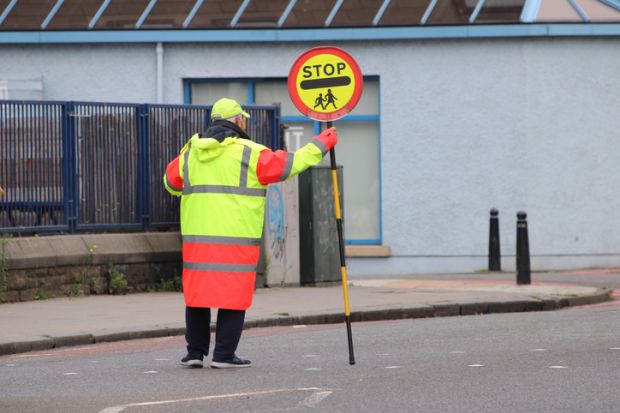Graduates should be banned from accessing publicly funded apprenticeships to ensure they remain focused on young people who have not followed academic pathways, according to a thinktank.
A report by the Social Market Foundation (SMF) found that one in six (16 per cent) of people starting apprenticeships across all levels had “at least” an undergraduate degree, totalling 56,000 of apprentices in 2023-24. This included 14,000 people who had completed a master’s degree.
The SMF estimates that last year a total of £431 million was spent on funding apprenticeships for people who already held degrees.
For level 7, the highest level of apprenticeships which are equivalent to a master’s degree, 72 per cent of learners held at least a bachelor’s degree or equivalent, including more than 4,390 people who had a master’s-level qualification or higher, accounting for an estimated £182 million in funding.
Tom Richmond, author of the report and senior fellow at the SMF, said: “University graduates have already had huge sums of taxpayers’ money invested in their education, so it is only right that young people who do not attend university are given the same level of investment and support to kick-start their careers.”
Last year prime minister Sir Keir Starmer announced plans to reform apprenticeship funding, which has been criticised as being “unfit for purpose”, and used by businesses to fund training opportunities for more experienced and established members of staff “at the expense of young people starting entry-level courses”, the report says.
The government announced plans to remove some level 7 apprenticeships from the apprenticeship levy – under which large employers must devote 0.5 per cent of their pay bill to apprenticeships – to “boost opportunities for young people”. However, the SMF warns that “they have not specified how far this shift will go, or how it will be delivered”.
Mr Richmond, who was previously an adviser in the Department for Education, argued that the government needs to go further than this: “If the government wishes to ‘break down barriers to opportunity’ then spending over £400 million a year sending university graduates on apprenticeships is simply not tolerable.”
He continued that funding should “be redirected towards new apprenticeships for young people leaving school or college, particularly those from the most deprived backgrounds, who should be prioritised for the finite funding available for apprenticeships”.
The report notes that the number of people starting an apprenticeship in England has fallen 31 per cent between 2016-17 to 2023-24, from 494,880 to 339,580. It further warns that there has been an “astonishing collapse” in entry-level apprenticeships, with level 2 apprentices – equivalent to GCSEs – falling from 260,650 in 2016-17 to just 70,840 in 2023-24.
This, the report argues, “can be explained by the shift towards sending older and more experienced employees on ‘apprenticeships’ instead of training new and younger recruits”, highlighting that 40 per cent of apprentices have been with their employer for at least 12 months before their training began, and almost half of apprentices are aged 25 and over.
Register to continue
Why register?
- Registration is free and only takes a moment
- Once registered, you can read 3 articles a month
- Sign up for our newsletter
Subscribe
Or subscribe for unlimited access to:
- Unlimited access to news, views, insights & reviews
- Digital editions
- Digital access to THE’s university and college rankings analysis
Already registered or a current subscriber?








